
Tech & Sci
15:36, 27-Jul-2017
Musk vs Zuckerberg: Should you be worried about the rise of AI?
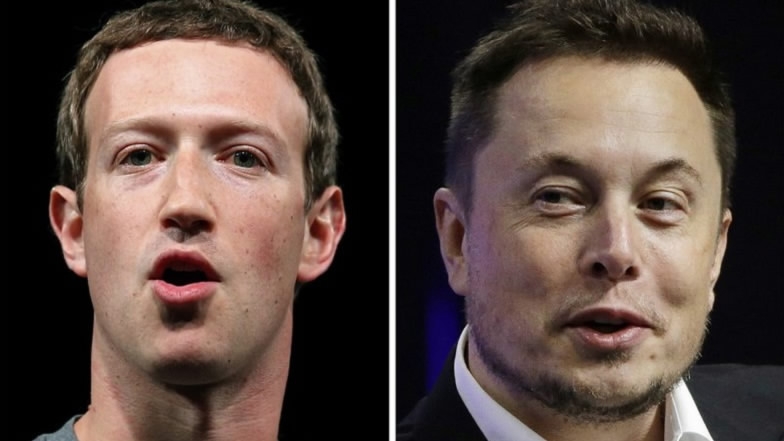
Will robots surpass humans and take control of the world? This is probably the most daunting question related to artificial intelligence.
Tech titans Mark Zuckerberg and Elon Musk recently slugged it out online over the possible threat artificial intelligence might one day pose to the human race.
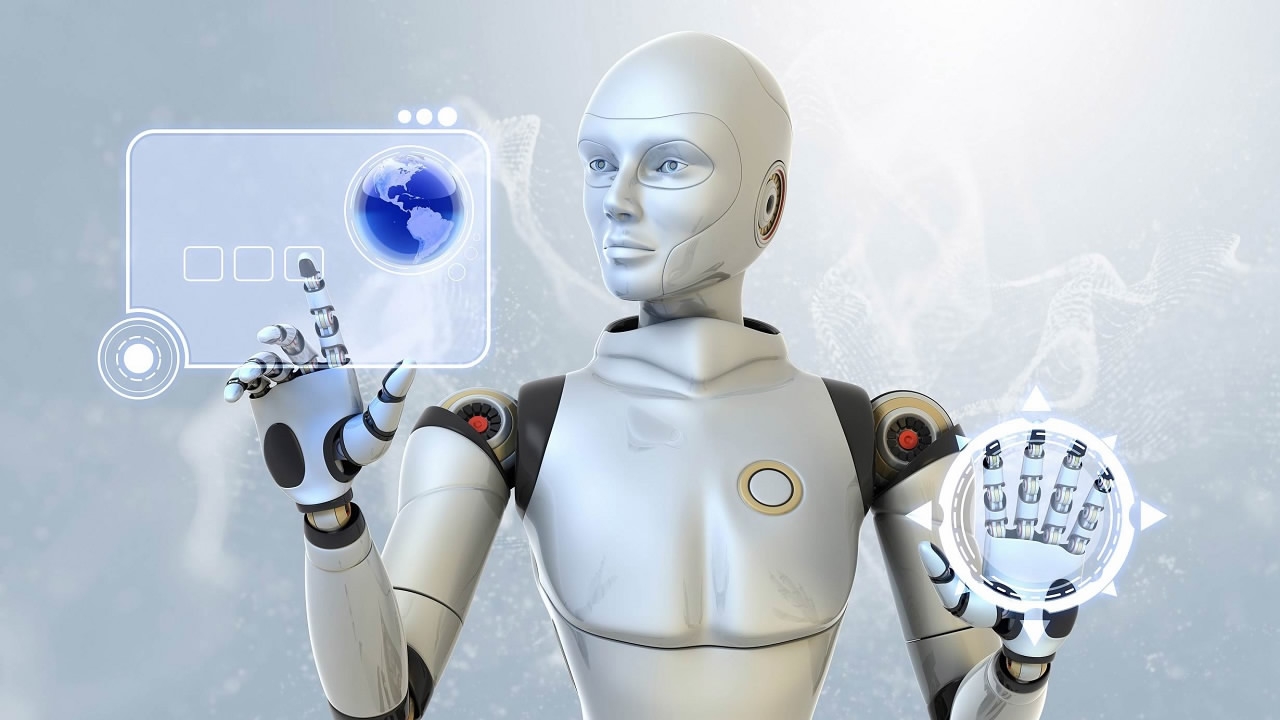
Thanks to AI, computers are learning to do a variety of tasks that have long eluded them, everything from driving cars to writing news stories. /VCG Photo
Thanks to AI, computers are learning to do a variety of tasks that have long eluded them, everything from driving cars to writing news stories. /VCG Photo
Thanks to AI, computers are learning to do a variety of tasks that have long eluded them, everything from driving cars to writing news stories. But Musk, the CEO of Tesla Motors and SpaceX, worries that AI systems could soon surpass humans, potentially leading to our extinction.
Two weeks ago, Musk warned US governors to get educated and start considering ways to regulate AI in order to ward off the threat. “Once there is awareness, people will be extremely afraid,” he said at the time.

Screenshot via Elon Musk's Tweeter account
Screenshot via Elon Musk's Tweeter account
Zuckerberg, the founder and CEO of Facebook, thinks otherwise. In a Facebook Live feed recorded on July 22, he hit back at Musk, saying people who “drum up these doomsday scenarios” are “pretty irresponsible.” On Tuesday, Musk slammed back on Twitter, writing that “I’ve talked to Mark about this. His understanding of the subject is limited.”
Here’s a look at what’s behind this high-tech flare-up, and what you should and shouldn’t be worried about.
Short-term concerns
According to Stuart Russell, a computer scientist at the University of California at Berkeley, AI systems may reach a turning point when they gain the ability to understand language at the level of a college student. That, he said, is “pretty likely to happen within the next decade.”
While that on its own won’t produce a robot overlord, it does mean that AI systems could read “everything the human race has ever written in every language,” Russell said. That alone would provide them with far more knowledge than any individual human being.
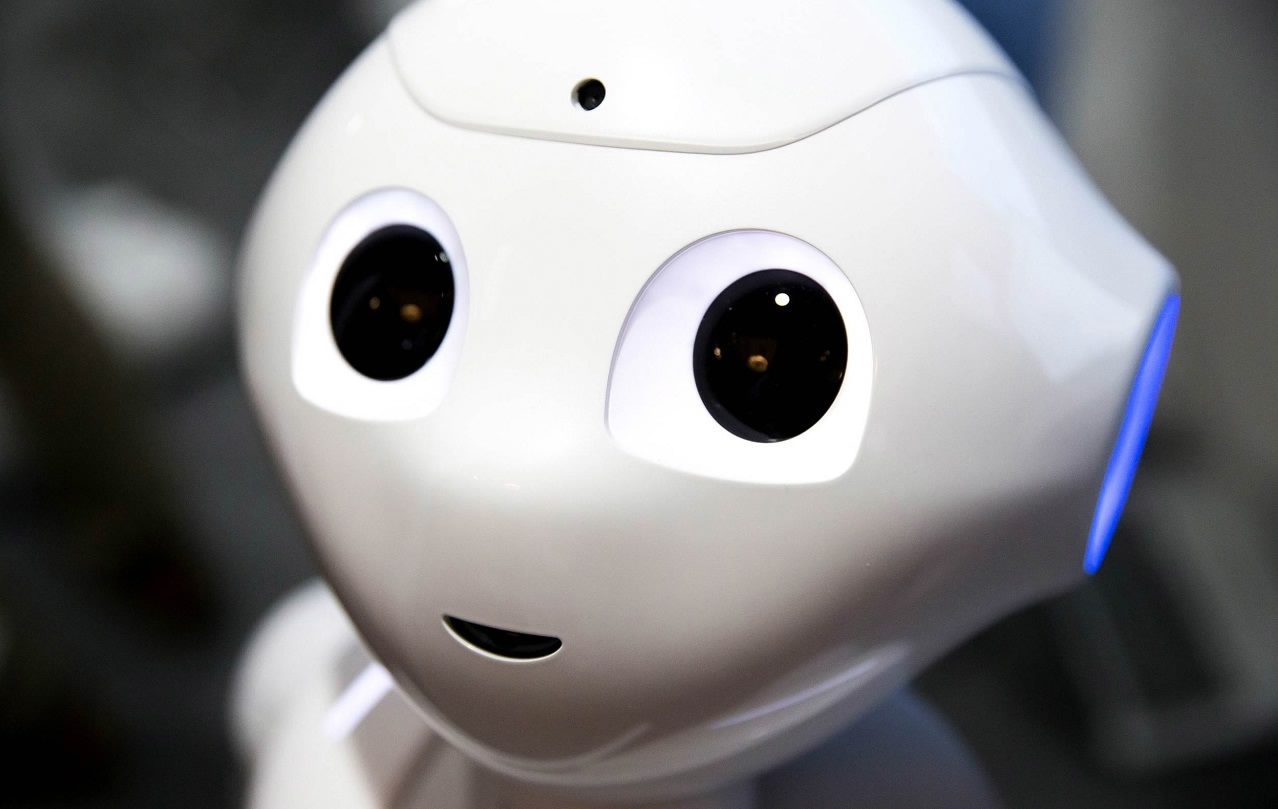
"AI systems may reach a turning point when they gain the ability to understand language at the level of a college student." /VCG Photo
"AI systems may reach a turning point when they gain the ability to understand language at the level of a college student." /VCG Photo
No one knows if the singularity is simply science fiction or based on actual runaway technological growth. In the meantime, however, the rise of AI offers plenty of other issues to deal with.
AI-driven automation is leading to a resurgence of US manufacturing, but not manufacturing jobs. Self-driving vehicles being tested now could ultimately displace many of the almost four million professional truck, bus and cab drivers now working in the US.
Human biases can also creep into AI systems. A chatbot released by Microsoft called Tay began tweeting offensive and racist remarks after online trolls baited it with what the company called “inappropriate” comments.
Reducing harm from AI
In Musk's speech to the governors, he urged them to be proactive, not merely reactive in regulating AI, although he didn’t offer any specifics. When a Republican governor challenged him on the value of regulation, Musk retreated and said he was mostly asking for the government to gain more “insight” into potential issues presented by this new technology.
Of course, the burgeoning use of AI will almost certainly challenge existing legal norms and regulations. When a self-driving car causes a fatal accident, or an AI-driven medical system provides an incorrect medical diagnosis, society will need rules in place for determining legal responsibility and liability.
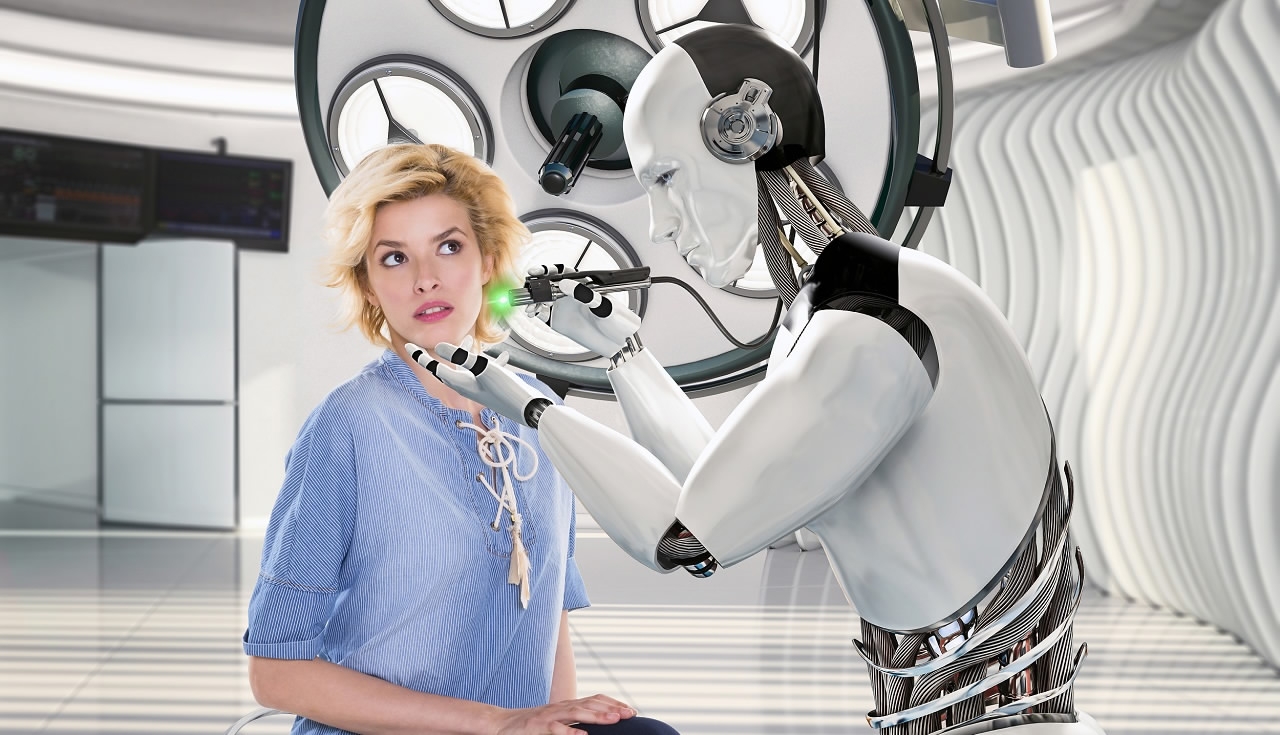
VCG Photo
VCG Photo
With such immediate challenges ahead, worrying about super intelligent computers “would be a tragic waste of time,” said Andrew Moore, dean of the computer science school at Carnegie Mellon University.
"That’s because machines aren’t now capable of thinking out of the box in ways they weren’t programmed for," said Andrew Moore, dean of the computer science school at Carnegie Mellon University.
“That is something which no one in the field of AI has got any idea about.”
AI Innovation in China
As the world is passionate about developing AI in different areas, China unveiled an aggressive national AI development plan last week, devoted to building a global-leading industry by 2030.
According to the plan, China will grow the country's core AI industries to over 150 billion yuan ($22.15 billion) by 2020 and 400 billion yuan ($59.07 billion) by 2025, the State Council said.
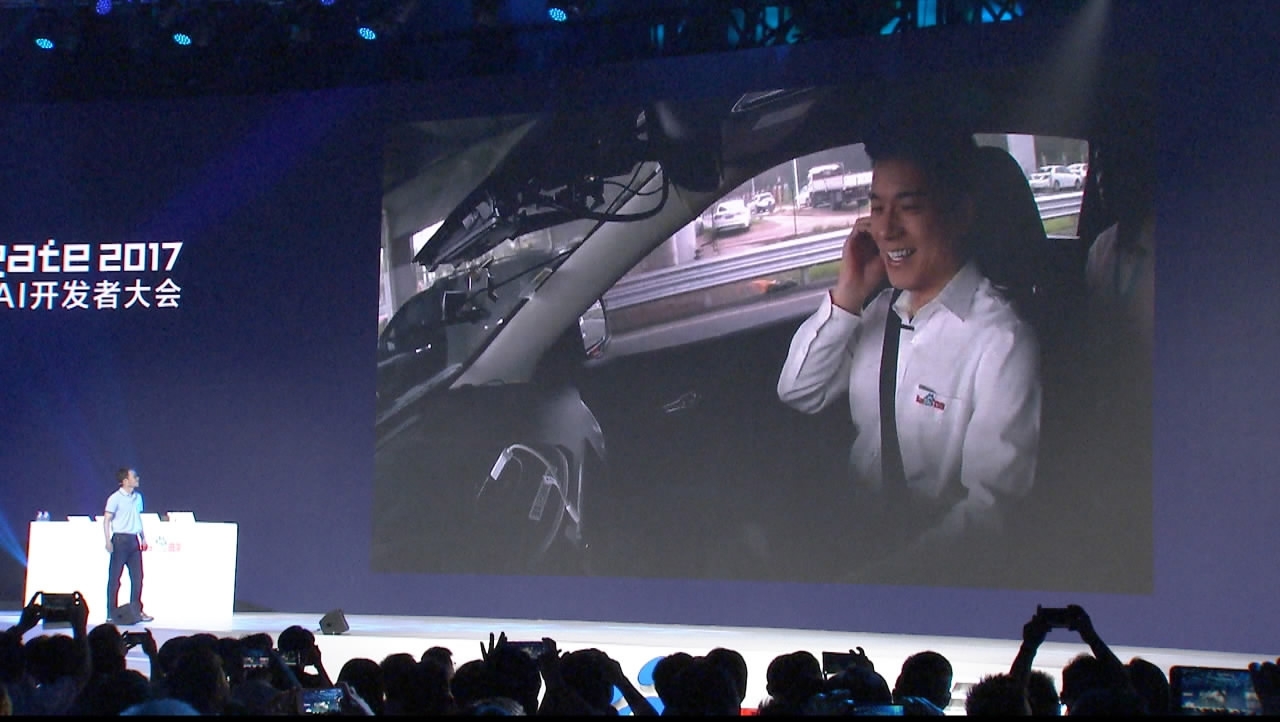
Robin Li doing a “live chat” in a self-driving car. /CGTN photo
Robin Li doing a “live chat” in a self-driving car. /CGTN photo
According to Reuters, with this major push into AI, China is looking to rival US market leaders such as Alphabet Inc's Google and Microsoft Corp.
Tech giants in China have been putting efforts in AI. Earlier this month, Robin Li, the founder of Baidu, announced the company's plans in investing aggressively in several AI-related projects during the Baidu Create 2017 event. He claimed that the golden age of the Internet sector is coming to an end and his company is transforming itself into a firm based on AI.
Along with the event, Baidu also introduced its autonomous driving tech platform named Apollo and live-streamed Robin Li who was inside his self-driving car.
Tencent announced on Friday the launch of its AI Accelerator, a program offering resources to help AI entrepreneurs escalate their game. Tencent will provide 25 projects with a six months training with resources not only in technology but markets and finance as well.

Alibaba's Tao Cafe. /CGTN Photo
Alibaba's Tao Cafe. /CGTN Photo
Following the recent innovation trend of AI development in China, E-commerce giant Alibaba recently opened an experimental staff less convenience store called Tao Cafe, which was equipped with big data and facial recognition technology.
The roadmap says China aims to catch up to global leaders by solving issues including a lack of high-end computer chips, software, and trained personnel. Beijing would also play a bigger role via policy support and regulation.
(With input from Reuters, AP)
Related articles:

SITEMAP
Copyright © 2018 CGTN. Beijing ICP prepared NO.16065310-3
Copyright © 2018 CGTN. Beijing ICP prepared NO.16065310-3